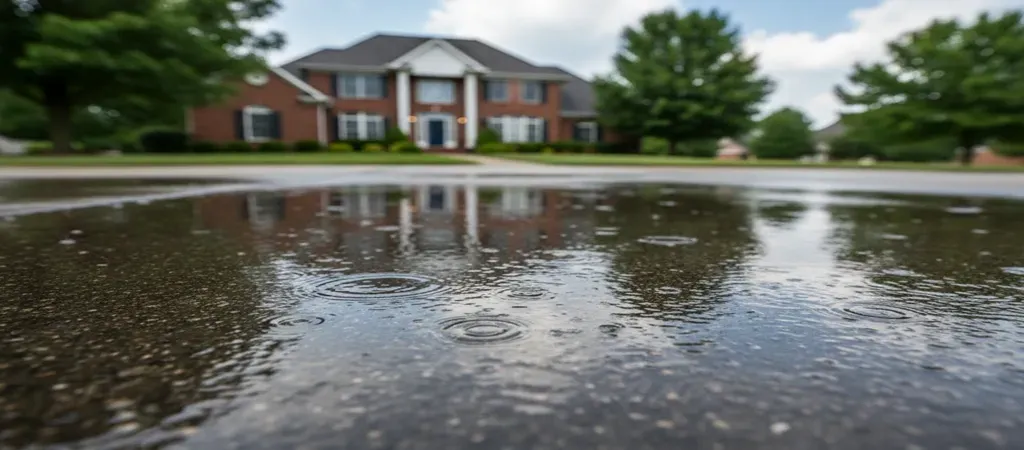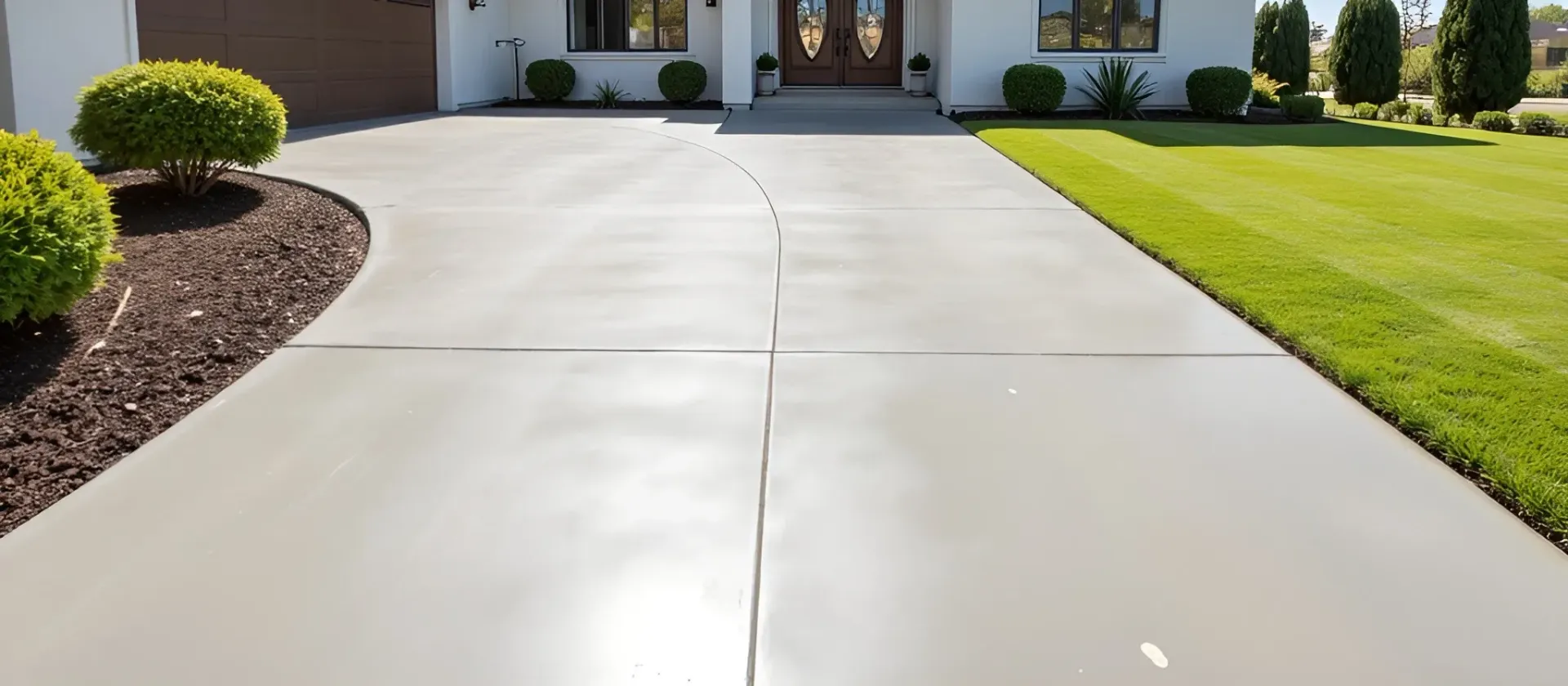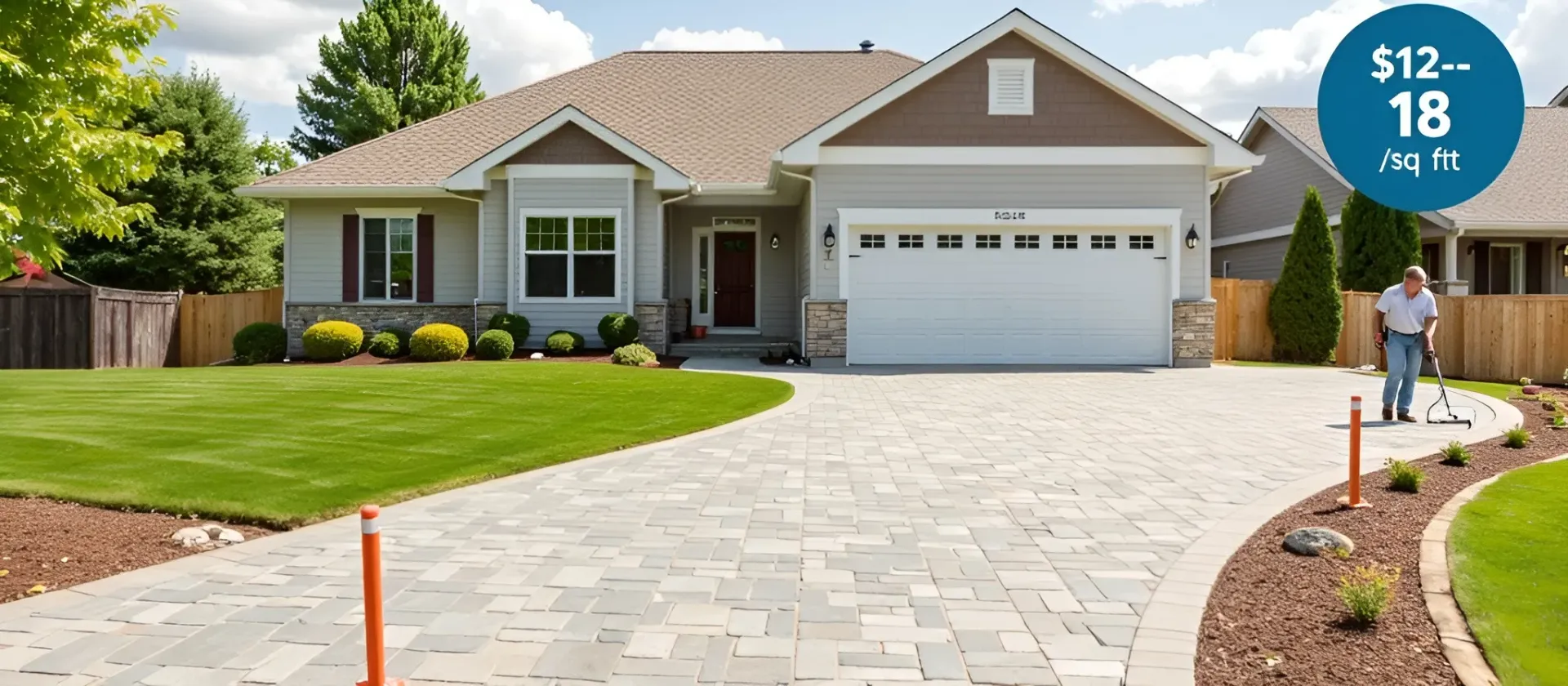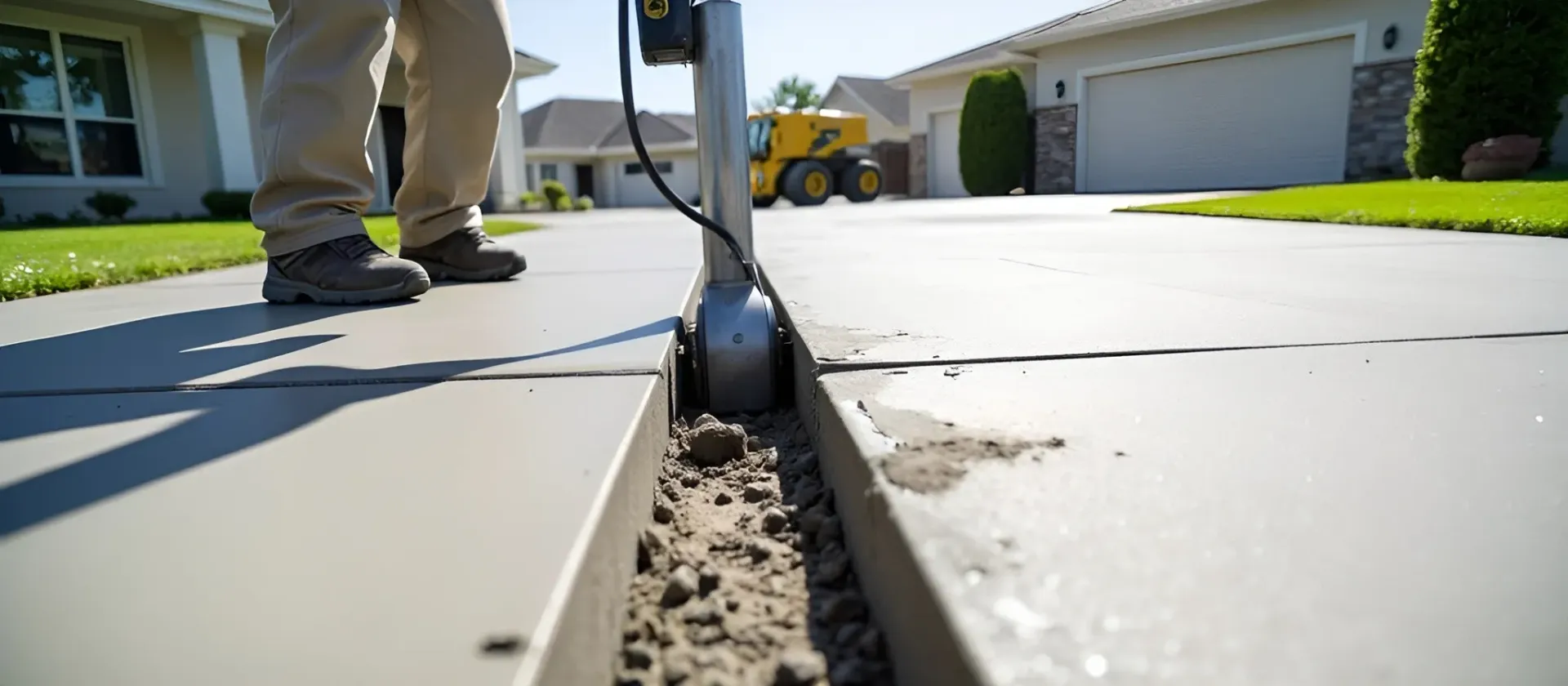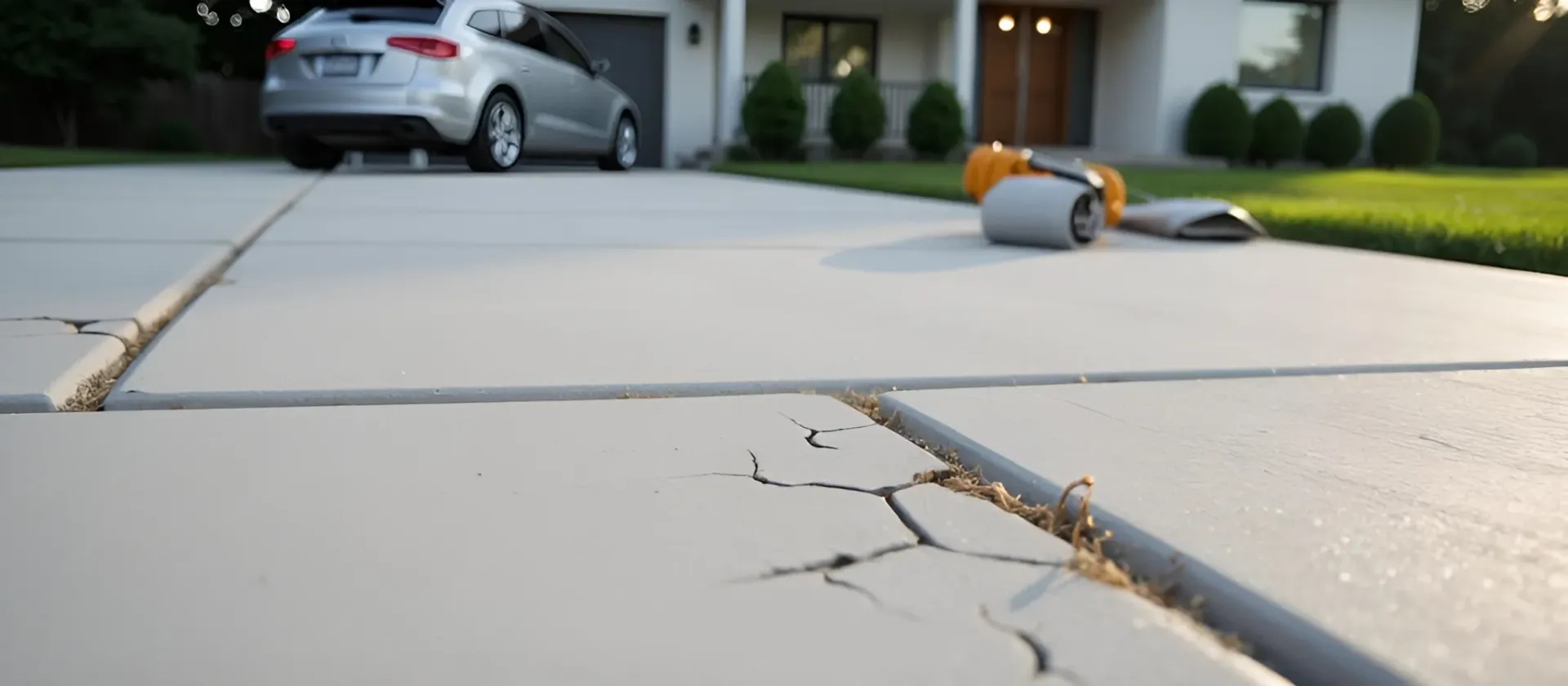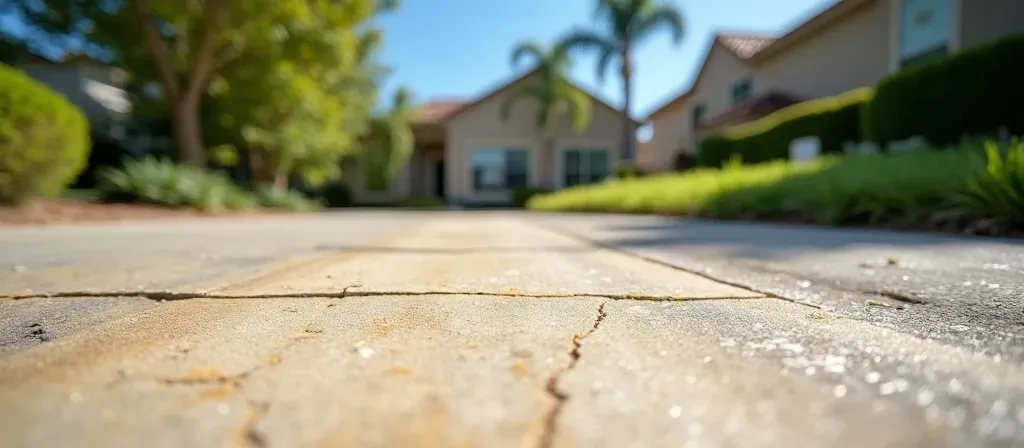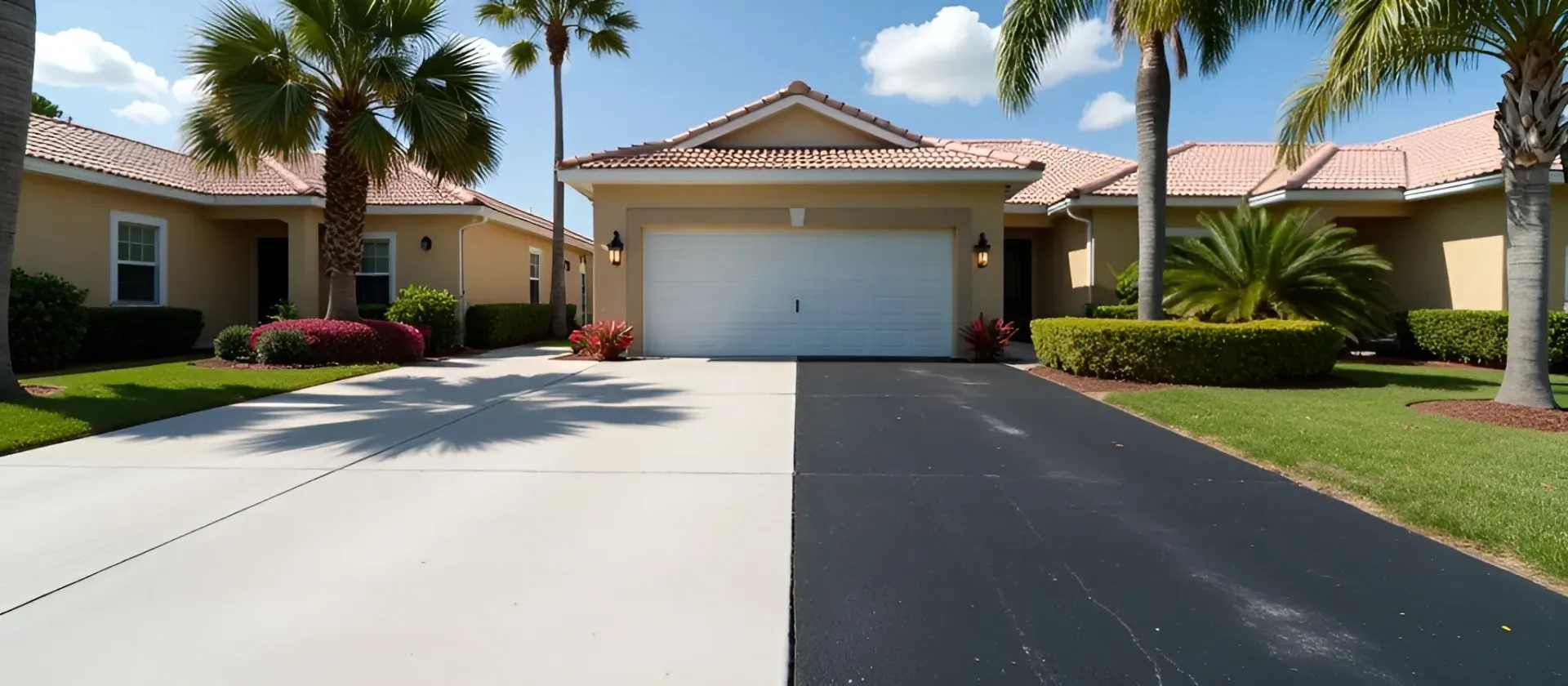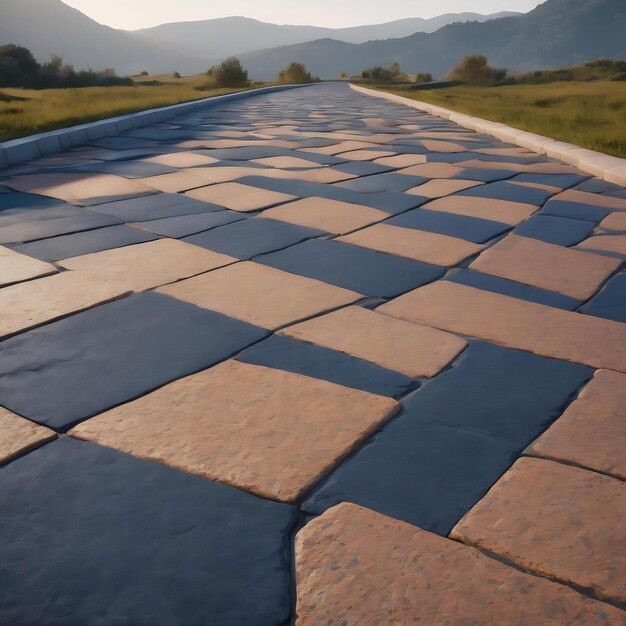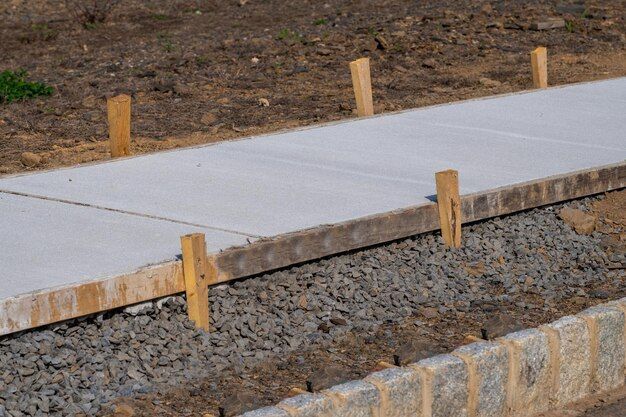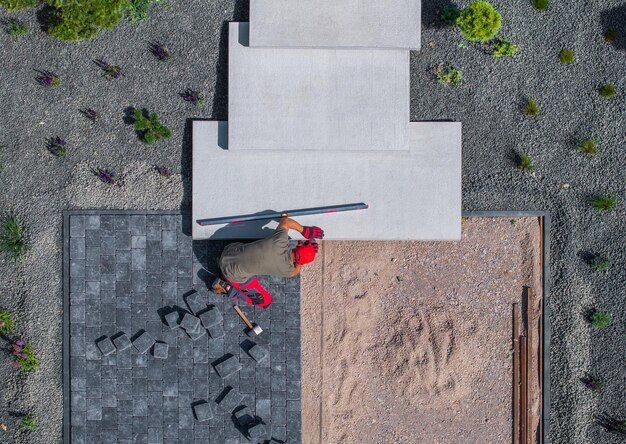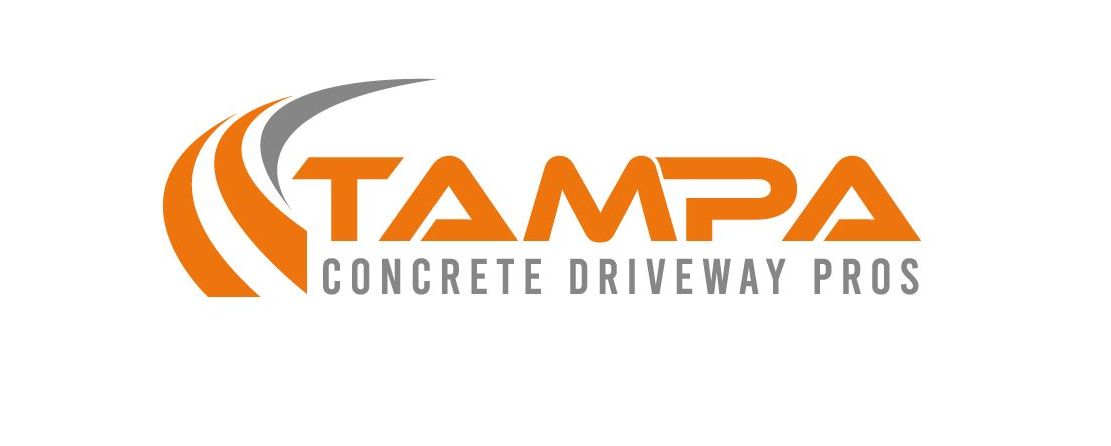What Makes Fiber-Reinforced Concrete a Top Choice for Concrete Driveways in Tampa, FL
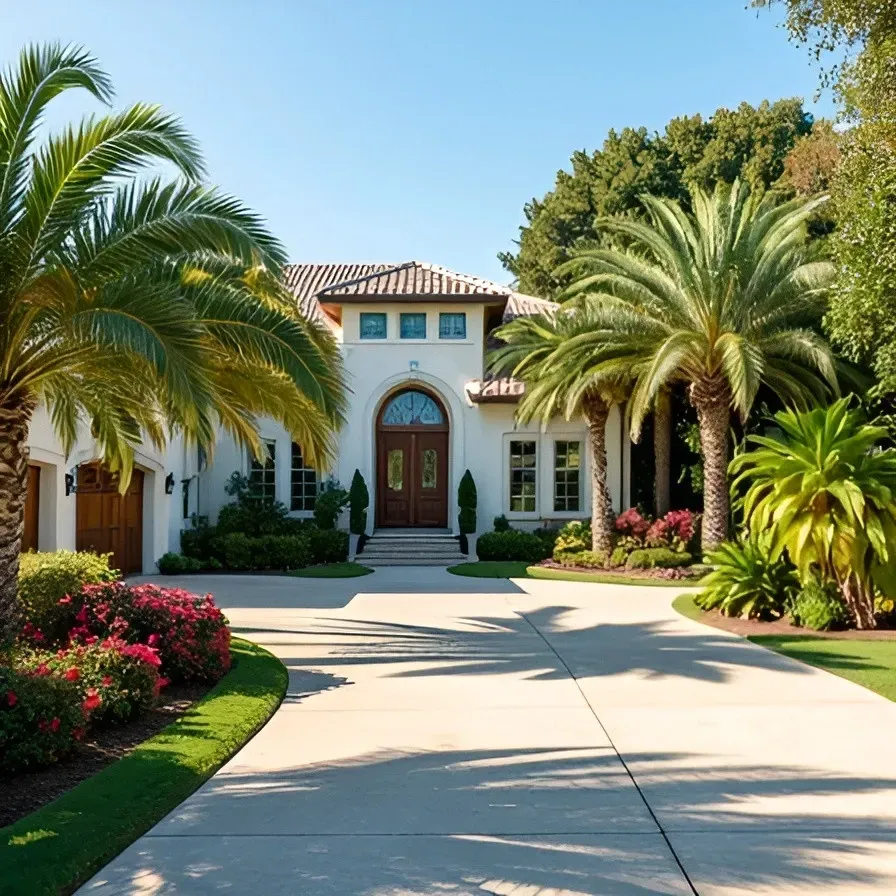
Let’s talk driveways in Tampa, FL. They take a beating every single day, cars rolling in, bikes skidding, oil leaks, rain, and the occasional dropped toolbox. Regular concrete would crack and chip under pressure. But here comes fiber-reinforced concrete, also known as FRC. Let me tell you, this is a whole different story. Learn more about why concrete is the top choice for your Tampa driveway.
With a distinct look and feel, it's strong and built to last. It can support even the heaviest vehicles in the world and won't crack easily. And when you drive over it, you’ll feel like you’re flying a plane. Are you impressed by it, too? Then this blog is for you.
What Is Fiber-Reinforced Concrete, and How Does It Work for Tampa Driveways?
Fiber-reinforced concrete isn’t your standard gray slab. It’s concrete infused with fibers. Tiny but mighty reinforcements that enhance flexibility and durability. These fibers can be made of:
- Steel: Adds incredible tensile strength and impact resistance.
- Polypropylene: Helps prevent shrinkage cracks and makes concrete more durable.
- Glass fibers: Reduce water absorption and increase fire resistance.
- Synthetic blends: Improve elasticity and reduce brittleness.
Amazing, right? These fibers distribute stress across the entire slab, enhancing its longevity. If you’re interested in the best methods for installing your driveway, check out these essential standards.
Why Fiber-Reinforced Concrete Is the Best Choice for Driveways in Tampa, FL
1. Say Goodbye to Cracks and Breaks
Regular concrete loves to crack—it’s just what it does. Temperature changes, moisture shifts, and heavy loads all make it worse. FRC changes the game. The fibers hold everything together, preventing those annoying hairline cracks that lead to bigger problems. If you're also considering design options, be sure to explore the different styles and finishes.
2. Built Tough for Heavy Loads
Got a truck? A camper? Multiple cars? FRC can handle it all. The fibers strengthen the concrete, distributing weight more evenly. That means no more driveway dips or crumbling edges. For more tips on maintaining your driveway’s health, check out how to extend its life.
3. Weather-Proof Like a Pro
Sun, rain, snow, ice? Your driveway sees it all. Traditional concrete expands in the heat and contracts in the cold—the main reason it cracks. FRC resists these temperature swings like a champ, staying solid and intact year-round.
4. Low Maintenance, High Rewards
Who has time for constant driveway repairs? With FRC, you won’t need them. Less cracking means less patching. Plus, fibers make the surface more resistant to oil stains and deicing salts, so your driveway stays looking fresh longer. For more detailed installation guidance, consider these hurricane-proof tips.
5. Better Shock Absorption
Accidentally dropped a heavy toolbox? No problem. The fibers in FRC absorb impact, reducing the risk of chips and dents.
6. Slips? Not on This Surface
Driveways can get slippery, especially when wet. FRC provides better traction, reducing the risk of slips and skids. Great news if you have kids or live in a rainy climate.
7. Resistant to Chemicals and Oil Stains
Driveways take a lot of abuse from oil drips and gasoline spills. Traditional concrete soaks it all in, leaving ugly stains. While FRC is more resistant to absorption, making cleanup a breeze.
8. Saves You Money in the Long Run
Yes, FRC might cost a bit more upfront. But it’s worth it because of its low maintenance. And its lifespan is much longer too.
9. Eco-Friendly and Sustainable
Less cracking and fewer repairs mean fewer materials wasted over time. And the plus point is, it doesn't have to be replaced soon as it lasts longer than regular concrete. A happy wallet and a happy environment.
Fiber-Reinforced Concrete vs. Other Reinforcement Methods
You might wonder, “What about rebar or wire mesh?” Let’s break it down:
- FRC vs. Rebar: Rebar adds strength but doesn’t prevent early cracks. Plus, it can rust over time, weakening the concrete. FRC eliminates this problem entirely.
- FRC vs. Wire Mesh: Wire mesh helps hold the concrete together, but it doesn’t improve flexibility. FRC works throughout the concrete, strengthening every inch, not just a grid pattern.
- Why Homeowners Are Choosing FRC: Easier to install, longer-lasting, and more effective at preventing damage—simple as that.
What to Expect with FRC Driveway Costs and Installation
Upfront Costs vs. Long-Term Savings
FRC costs slightly more than regular concrete, but it saves you money in the long run. Fewer cracks mean fewer repairs. A longer lifespan means no costly replacements anytime soon.
Installation Process: Quick, Easy, and Efficient
FRC is mixed like regular concrete but with fibers added in. No need for extra reinforcement like rebar or mesh. It’s poured, leveled, and finished just like any other concrete—just stronger and better.
Customizable to Match Your Home’s Style
Want something more than just a plain gray slab? FRC can be stamped, colored, or polished to give your driveway a custom look. Get the durability and the curb appeal.
Final Thoughts: Is Fiber-Reinforced Concrete Worth It?
Absolutely. It lasts longer and resists damage. With minimal maintenance, it's the number one choice of most people. As humans love extraordinary things, it’s the upgrade your home deserves.
Just make sure to talk to a professional contractor about fiber-reinforced concrete before you decide on something.

